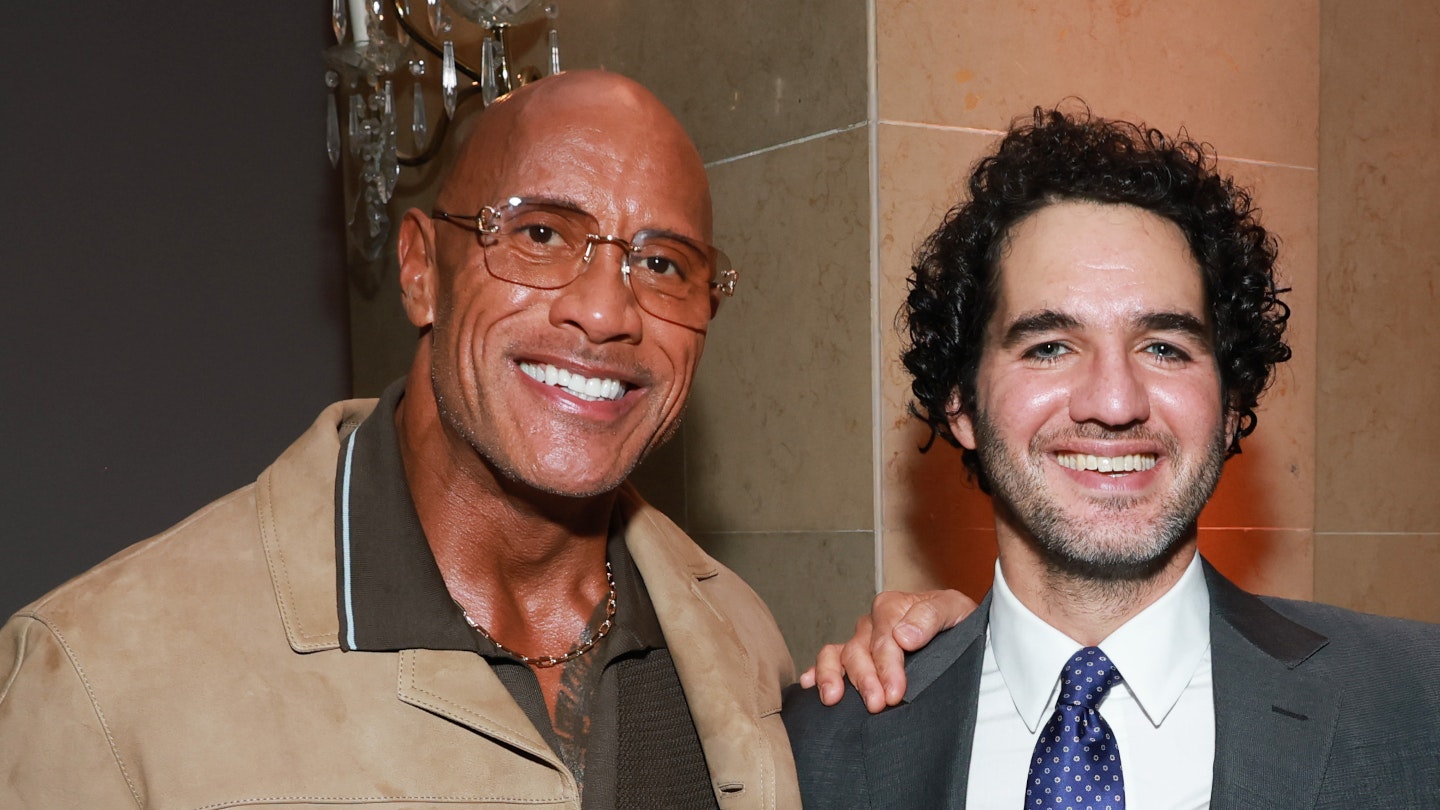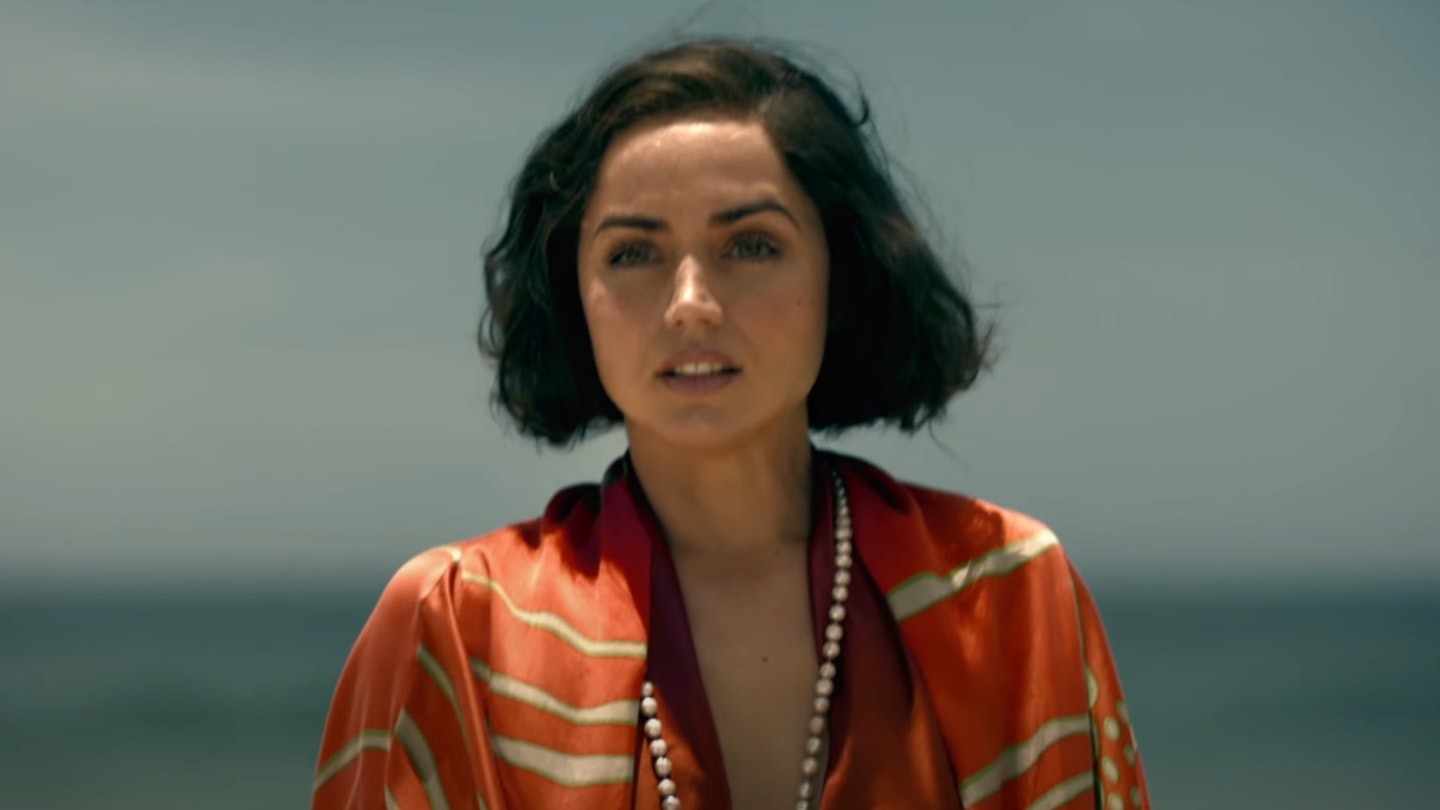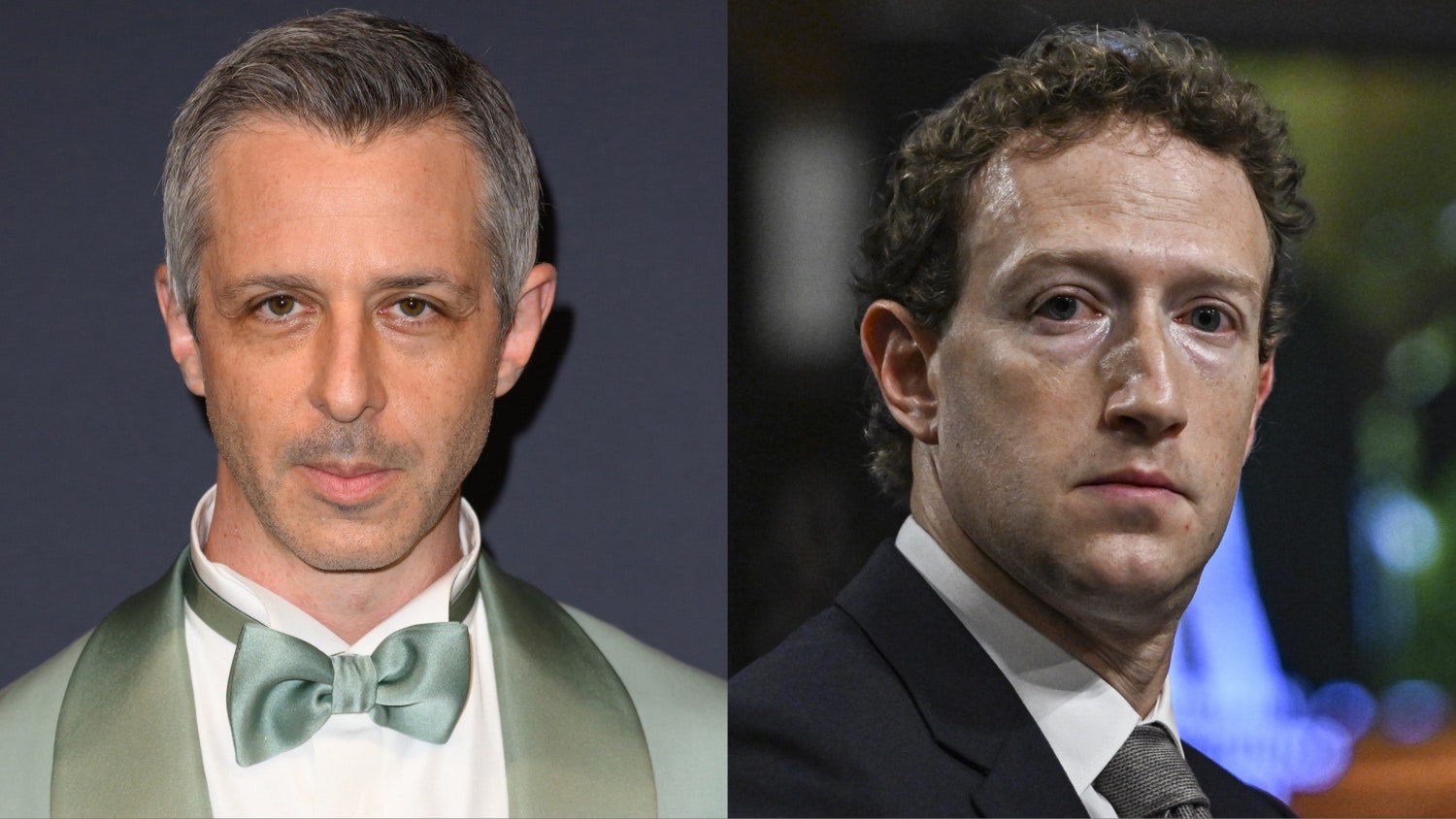One Battle After Another
One Battle After Another, it’s called, and that’s no word of a lie. It...
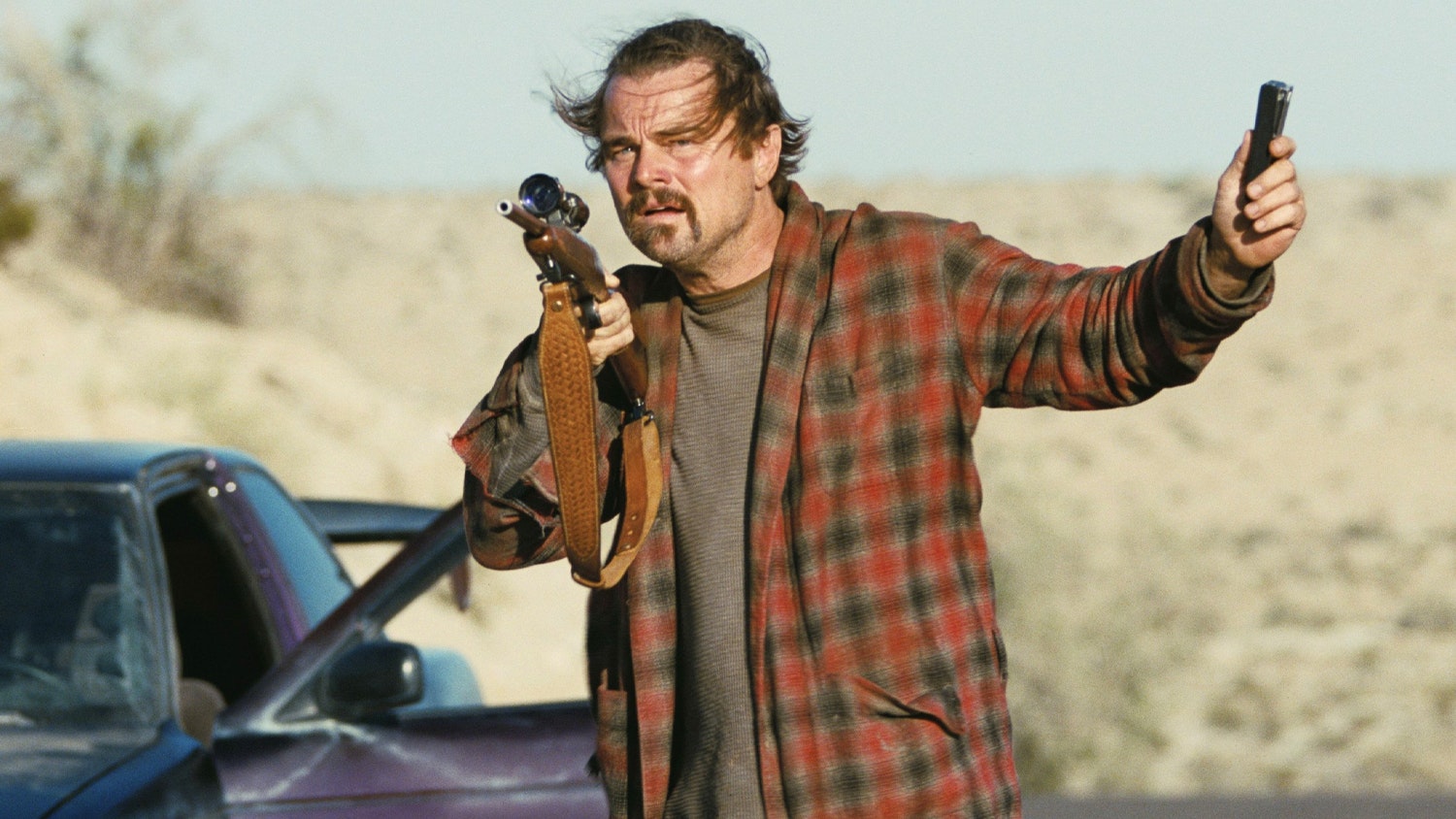
One Battle After Another, it’s called, and that’s no word of a lie. It begins with an attack — an announcement, an ambush — and then barely lets up at all. There is an opening half-hour of militant revolution, and then two hours of brutal, scrappy fallout, its central fugitive, Pat (Leonardo DiCaprio), lost in a weed fug amid kidnappings and breakouts and car chases and a sensei played by Benicio Del Toro. “This pussy ain’t for fun. The guns is the fucking fun,” says the firebrand fuelling the chaos, Perfidia Beverly Hills (Teyana Taylor, a Molotov cocktail in human form). For Paul Thomas Anderson, the filmmaking is the fucking fun. And never more so than here.
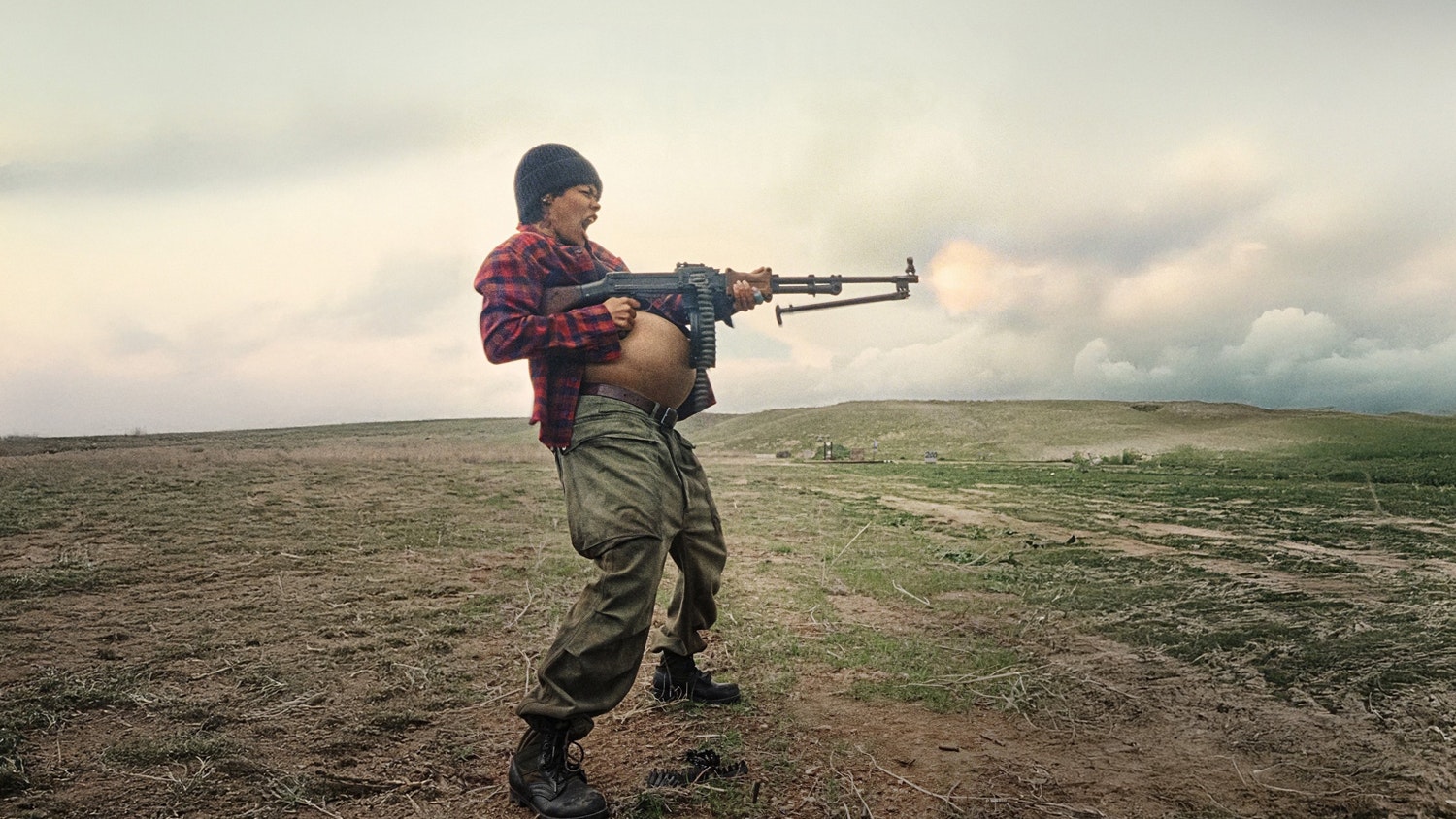
There is a lot going on, and not an ounce of fat on it. ‘Inspired’, as the credits inform us, by Thomas Pynchon’s countercultural opus Vineland — or at least, bits of it — Anderson has cooked up his own take on the Great American Novel, a sweeping yet intimate epic filtered through a charged contemporary lens. Revolution. Immigration. Corruption. White supremacy. Basically, the absolute state of things. People with good intentions, people with bad intentions, all crashing against each other sexually, morally, violently. PTA has a lot to say — but never with a sledgehammer, never on a soapbox, and never to the detriment of entertainment. It’s a blast from start to finish. And there are many blasts within.
A rogues’ gallery of misfits and miscreants populate it. What a mess they make. Almost all of the characters here are — or at least ultimately become — hopelessly muddled. As we find them, they all have a clear sense of purpose. Or so it seems. Not for long. Power dynamics change. The world changes. People change. This is about battles big and small, macro and micro, political and familial. It’s about rebellion and revolt, on the world stage and under our own roofs. It’s about how life gets in the way of — or at the very least challenges — our ideals, our ethics, our principles. It’s about the stories we tell ourselves about ourselves, and the reality of that as time passes. It’s about how none of us are as well-defined, or even as one-dimensional, as we might like to think. Things change.
It’s a real thrill, cinema absolutely harnessed.
All of this is presented through a clearly personal and, more significantly, humane perspective. Anderson has, he has said, been tinkering with this for the best part of two decades, and it’s so sprawling, so ambitious and so expensive, maybe it wouldn’t have been possible, at least for him, 20 years ago. But as both filmmaker and family man — specifically a father — it feels like everything he’s done, and lived through, has evolved into this. You can sense his own experience throughout, bubbling and crackling in the celluloid. He’s dealt with families and father figures before, of course, most notably in Boogie Nights, Magnolia and The Master, but never as keenly and perhaps as sensitively as he does here. There is a purity, and heartbreaking sweetness.
For the majority of the movie, DiCaprio’s explosives expert Pat — once one of the figureheads of freedom-fighting revolutionary movement The French 75 — wants nothing more than for his daughter, Willa (Chase Infiniti), to be safe. Easier said than done with Sean Penn’s outstandingly repellent Colonel Lockjaw on their tail. As such, DiCaprio provides a masterclass in panic and paranoia, ensconced in his dressing gown, engulfed in skunk smoke, but most arresting is his glassy-eyed, uncompromising love for his kid. You don’t doubt it for a second. That relationship is the heart of the film, and Infiniti — in her first film credit — is that heart. She is a titan, squaring up to DiCaprio like she’s been acting forever, countering the tenderness with unbridled piss and vinegar.
And then there is America itself, another recurring theme for Anderson who, with his reported $100 million-plus budget and his VistaVision cameras, shoots the shit out of it. One sequence in particular, involving a horribly tense, sinisterly mannered car-chase, unfolds on rolling desert roads, terrifying blind summits providing omniscient doom, front-and rear-mounted cameras taking us on a sort of haunted rollercoaster ride, the landscape itself signalling death. It’s a real thrill, cinema absolutely harnessed. Everything is here.
What's Your Reaction?









